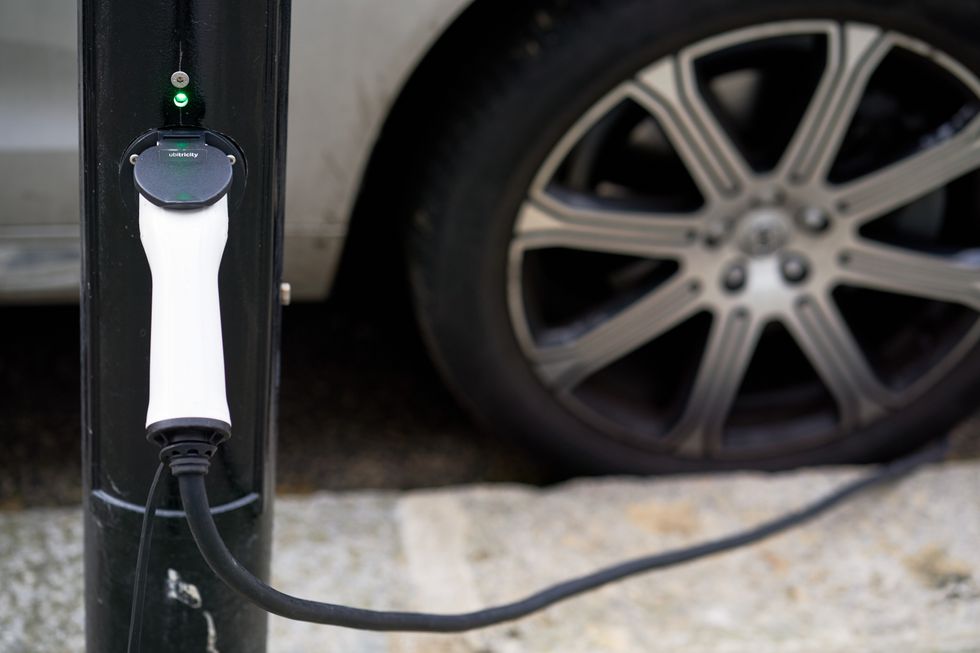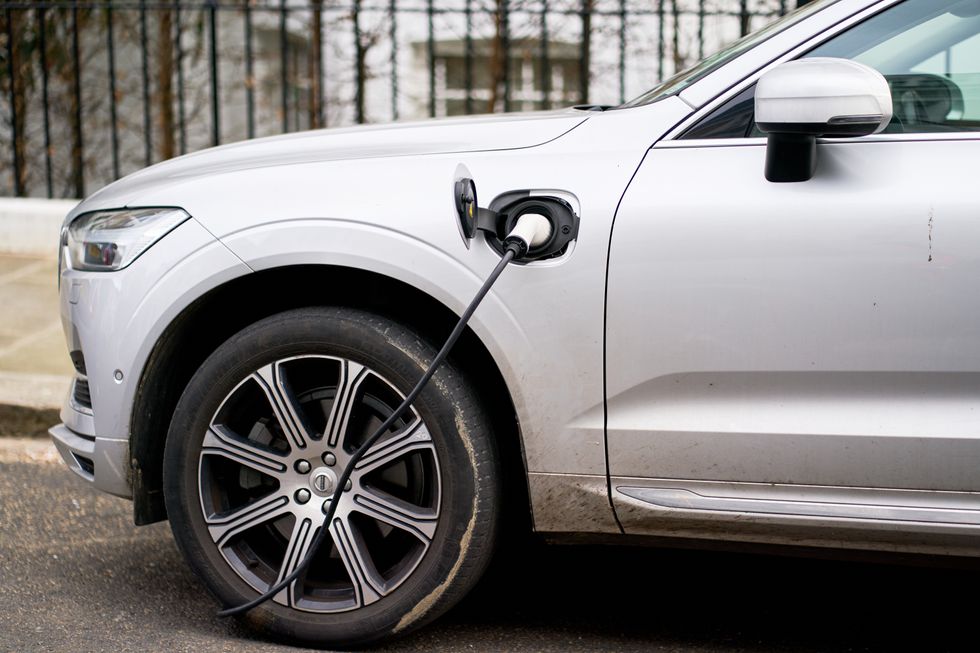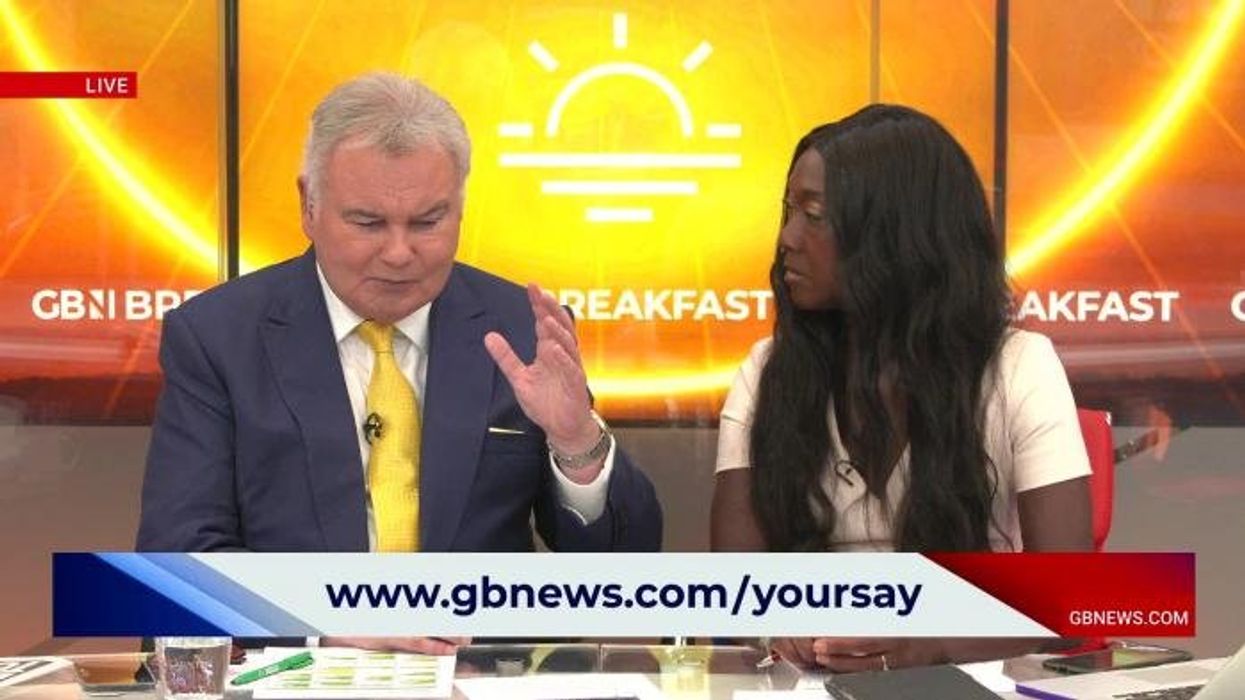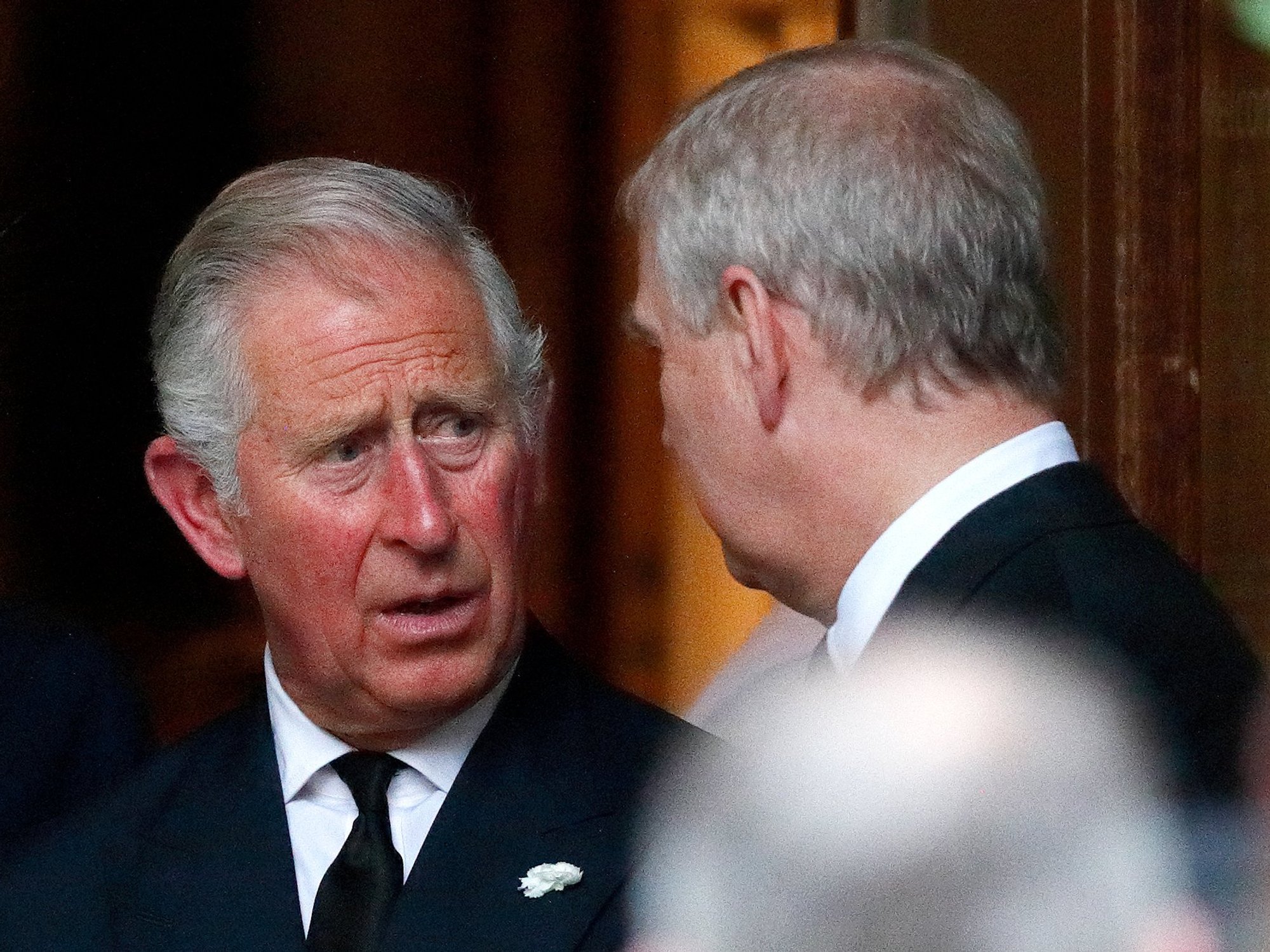Rachel Reeves dealt major blow as thousands of drivers used car tax 'loophole' to avoid Labour's £195 fee

Electric car drivers who renewed their registrations before the April car tax changes were able to avoid paying new fees
Don't Miss
Most Read
Electric car drivers have avoided an estimated £30million in road tax this year due to a legal "loophole" according to the latest Government figures.
The report found that hundreds of thousands of EV owners rushed to renew their registrations early, allowing them to dodge new Vehicle Excise Duty rules that came into force in April.
More than 300,000 electric cars were renewed with the DVLA before the deadline, marking about a quarter of all EVs on UK roads.
The National Audit Office uncovered the scale of the early renewals and said motorists had simply taken advantage of a loophole the Government failed to anticipate.
TRENDING
Stories
Videos
Your Say
By renewing ahead of time, EV owners secured another full year of tax-free motoring, just weeks before electric cars registered after 2017 became liable for a standard £195 a year charge once their first year on the road had passed.
It has been reported that early renewals jumped by a staggering 1,400 per cent compared with the previous year.
That spike left the Treasury short of roughly £30million in expected revenue.
The NAO criticised the DVLA for failing to foresee the rush, with the watchdog stating the agency should have realised that once ministers ended EV tax exemptions, drivers would act quickly to lock in another year of savings.
According to the NAO, better planning would have helped the Treasury understand the likely impact before pushing ahead with the policy.
 Rachel Reeves introduced a number of new car tax measures in last year's Autumn Statement | PA/GETTY
Rachel Reeves introduced a number of new car tax measures in last year's Autumn Statement | PA/GETTYNow ministers are preparing to overhaul EV taxes once again with a new 3p-per-mile charge for electric cars, which will be unveiled in the November Budget.
The proposed new tax system, known as "VED+", will require drivers to estimate how many miles they expect to travel and pay the corresponding amount up front.
If they drive fewer miles than expected, the unused portion is rolled over to the next year.
Go over the estimate and drivers must pay extra to make up the difference. The plan is set to come into force in 2028, after a consultation.
Treasury figures suggest a typical EV driver could be around £250 a year worse off under the new scheme.
But ministers argue that with millions of motorists switching to electric cars, something must replace the collapsing income from fuel duty.
LATEST DEVELOPMENTS
 Electric car drivers would need to pay VED rates for the first time this year | PA
Electric car drivers would need to pay VED rates for the first time this year | PABy 2028, around six million drivers are expected to own electric vehicles. The Treasury hopes the new mileage-based tax will raise £1.8billion by 2031, helping plug the growing gap in public finances.
While officials insist the changes are about maintaining a fair and sustainable tax system, critics say drivers are being penalised for going green in the first place.
Reform UK's deputy leader Richard Tice told The Telegraph the plans show "Governmental fiscal incompetence".
He claimed ministers were slapping "gratuitous taxes" on EV owners that were already proving ineffective.
He accused the Government of "staggering hypocrisy", saying: "They force the country down their 'net stupid zero' path, then tax people for driving EVs."

Treasury figures suggest a typical EV driver could be around £250 a year worse off under the new scheme
| PAMr Tice said a Reform Government would deliver "logical, practical policies, cut waste, and end the taxpayer abuse inflicted by successive Labour and Conservative Governments."
But a Government spokesperson defended the proposals, sharing: "As with all tax policy changes, the Government sets out details on expected impacts at fiscal events, and the Government is committed to maintaining a sustainable tax contribution from motoring."
The Autumn Budget will take place on Wednesday, November 26, with Chancellor Rachel Reeves expected to set out a range of new tax measures for the new year.











